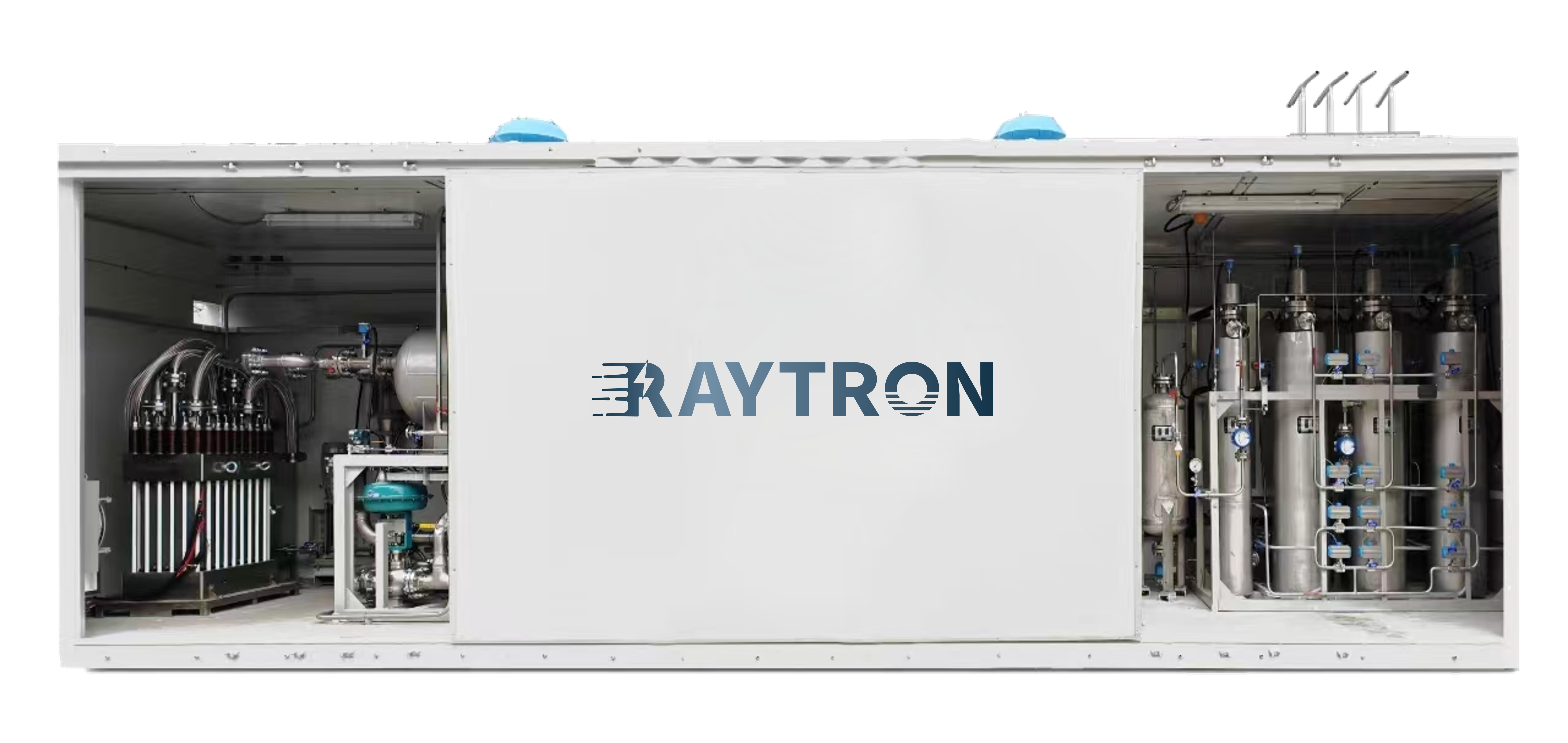Hydrogen energy, also known as hydrogen power, is a clean and efficient form of energy. It has gained increasing attention in recent years due to its potential to reduce greenhouse gas emissions and mitigate climate change. The concept of using hydrogen as a fuel dates back to the early 19th century, when it was first used in a gas turbine to generate electricity. Since then, research and development in the field of hydrogen energy have advanced significantly, leading to its potential as a key player in the transition to a low-carbon economy.
The history of hydrogen energy can be traced back to 1766 when Henry Cavendish discovered that hydrogen is a distinct substance. In the early 1800s, William Grove invented the first fuel cell, which produced electricity by combining hydrogen and oxygen. This laid the foundation for the use of hydrogen as a clean and efficient energy source. Throughout the 20th century, various advancements were made in hydrogen production, storage, and utilization, paving the way for its potential as a sustainable energy solution.
Hydrogen can be produced from various sources, including natural gas, biomass, and water. The most common method of production is steam methane reforming, which involves reacting natural gas with steam to produce hydrogen and carbon monoxide. Another method is electrolysis, which uses electricity to split water into hydrogen and oxygen. These production methods are essential for ensuring a consistent and reliable supply of hydrogen for various applications.
One of the key advantages of hydrogen energy is its versatility. It can be used in a wide range of applications, including transportation, power generation, and industrial processes. In transportation, hydrogen fuel cells can power electric vehicles, offering a clean alternative to traditional gasoline and diesel engines. In power generation, hydrogen can be used in gas turbines or fuel cells to produce electricity with minimal emissions. In industrial processes, hydrogen can be used as a feedstock for chemical production or as a fuel for heating and cooling.
The development of hydrogen infrastructure is crucial for the widespread adoption of hydrogen energy. This includes the establishment of refueling stations for hydrogen-powered vehicles, as well as the integration of hydrogen production and storage facilities into existing energy systems. Several countries have already begun investing in hydrogen infrastructure, recognizing its potential to decarbonize various sectors of the economy.
Despite its potential, there are still challenges that need to be addressed in the development of hydrogen energy. One of the main challenges is the cost of production and storage. Current methods of producing hydrogen are energy-intensive and often rely on fossil fuels, which limits its environmental benefits. Additionally, the infrastructure required for large-scale hydrogen deployment is still in the early stages of development, requiring significant investment and coordination among various stakeholders.
To address these challenges, ongoing research and development efforts are focused on improving the efficiency and reducing the cost of hydrogen production. This includes exploring alternative methods of production, such as renewable electrolysis using solar or wind power. Advances in hydrogen storage technologies are also being pursued to enable safe and cost-effective storage of large quantities of hydrogen.
In conclusion, hydrogen energy has the potential to play a significant role in the transition to a low-carbon economy. Its versatility and minimal environmental impact make it an attractive option for addressing the challenges of climate change and air pollution. With continued advancements in technology and infrastructure, hydrogen energy is poised to become a key component of the global energy landscape.

